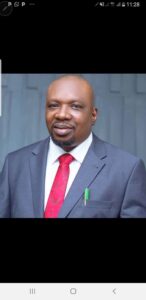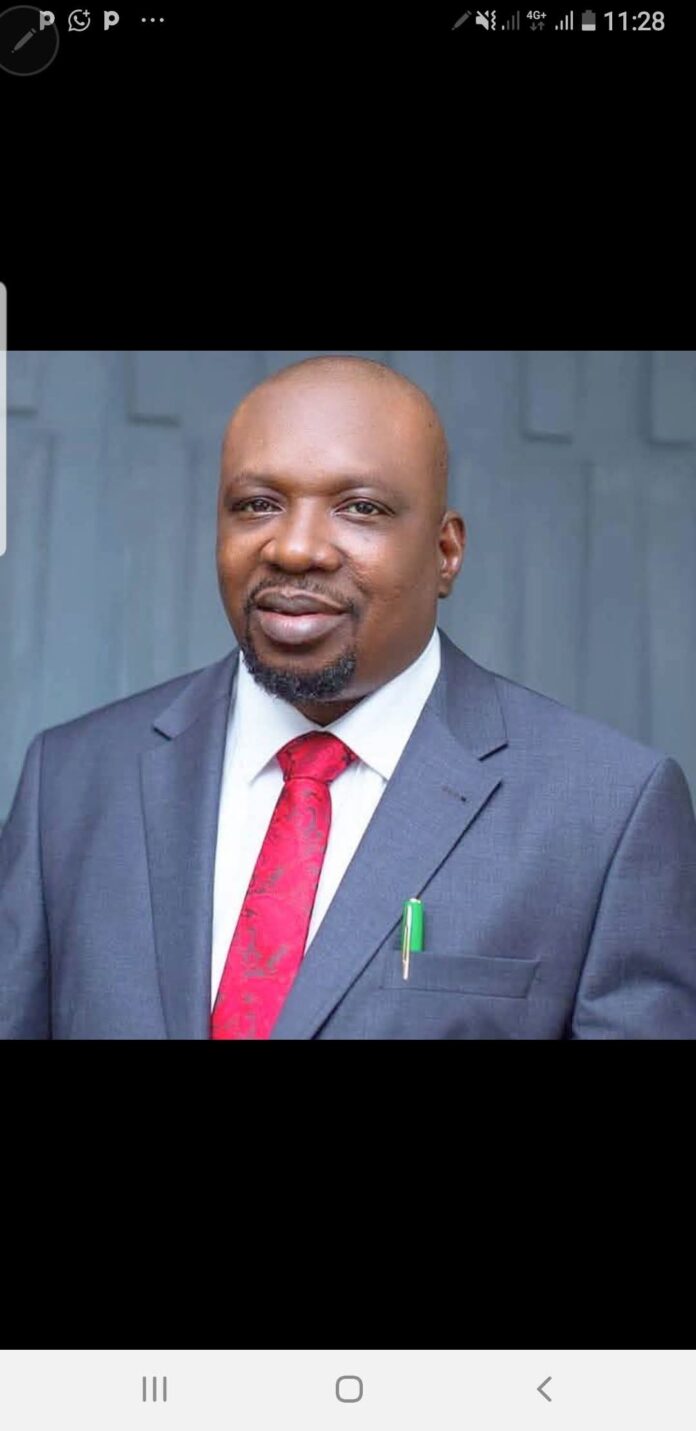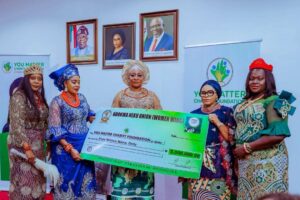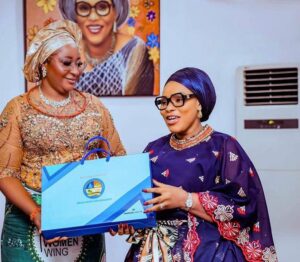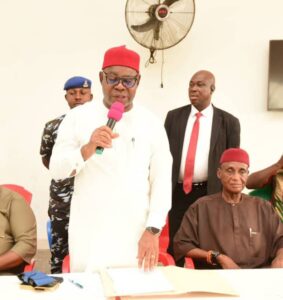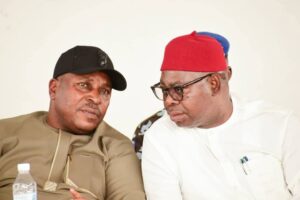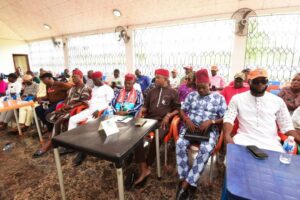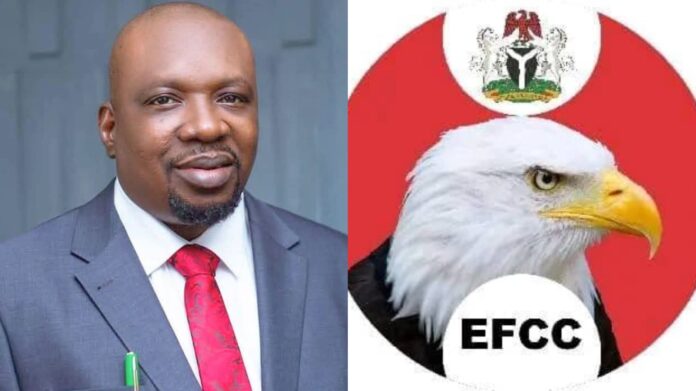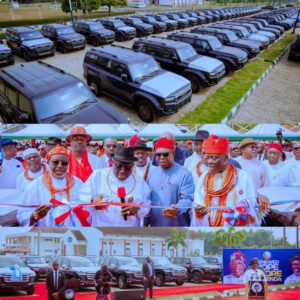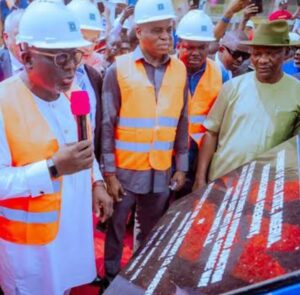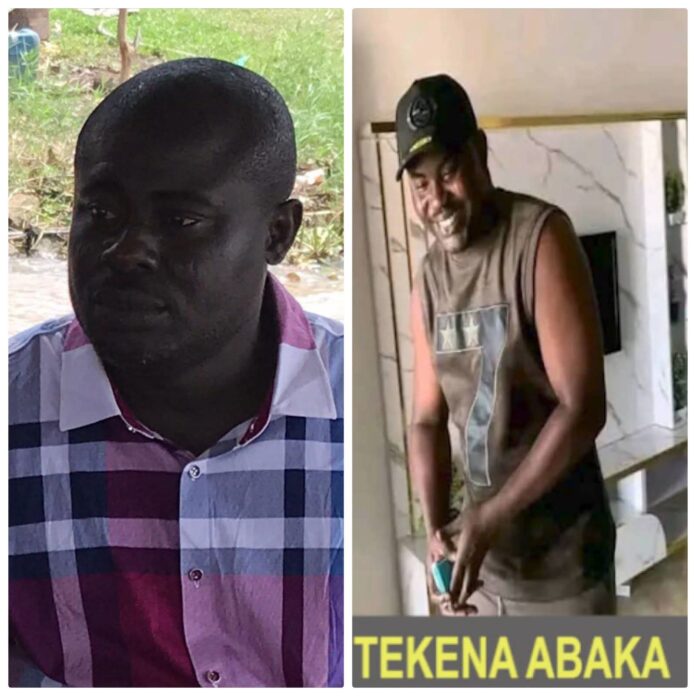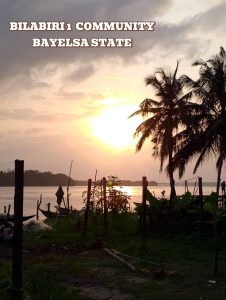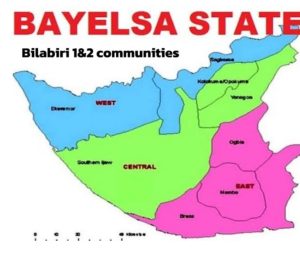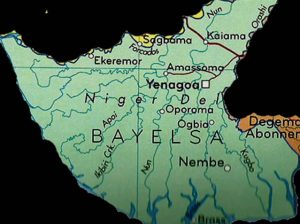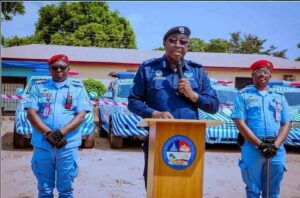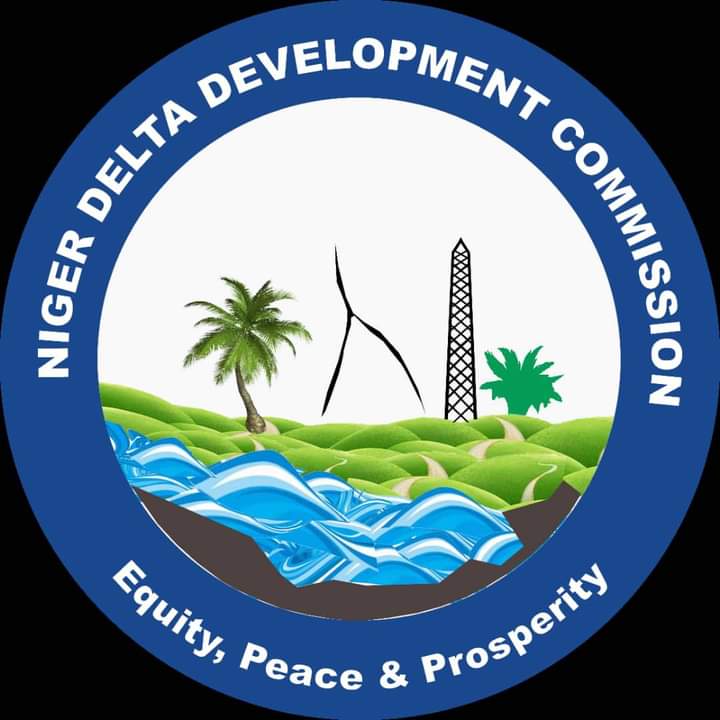The political dispute within the Bomadi Local Government Council has reportedly persisted following the rejection of a reconciliation proposal by 15 councillors, who declined calls to reinstate previously removed leaders of the legislative arm and to withdraw a petition submitted to the Economic and Financial Crimes Commission (EFCC).
According to sources familiar with the meeting, the proposal was conveyed during a stakeholders’ engagement convened in Asaba and facilitated by the Speaker of the Delta State House of Assembly, Rt. Hon. Emomotimi Guwor. The meeting was reportedly aimed at resolving the ongoing disagreement between the executive and legislative arms of the Bomadi Council.
The meeting was attended by several state and local government officials, including the Speaker of the Delta State House of Assembly, the Commissioner for Local Government Affairs, Hon. Kelly Penawou; the Economic Adviser to the State Government, Dr. Barry Pere Gbe; the Chairman of the Association of Local Governments of Nigeria (ALGON) in Delta State and Chairman of Okpe Local Government Council, Hon. Isaiah Esiovwa; the Chairman of Bomadi Local Government Council, Hon. Dagidi Andaye; as well as representatives of both factions of the Bomadi legislative council.
Multiple sources who spoke on condition of anonymity alleged that the 15 councillors expressed dissatisfaction with the outcome of the meeting, claiming they felt pressured to reverse earlier legislative actions. The sources further alleged that statements made during the engagement were perceived by the councillors as intimidating, though no official record of such remarks has been made public.
The councillors are also reported to have objected to calls for the withdrawal of a petition earlier submitted to the Benin Zonal Directorate of the EFCC. The petition reportedly raises concerns over an alleged loan transaction involving approximately ₦800 million, which the councillors claim was undertaken without legislative approval. It is important to note that these allegations have not been established by any court or investigative body at the time of filing this report.
Sources further indicated that the councillors were disappointed that the meeting did not directly address the substantive financial concerns raised in their petition, which they consider central to the dispute between the council chairman and a majority of the legislators.
A Bomadi-based political stakeholder, who requested anonymity, described the situation as “unfortunate,” arguing that allegations of financial misconduct raised through formal channels deserve transparent investigation rather than informal resolution. The source emphasized the importance of due process and accountability in local government administration.
The stakeholder also cautioned against any actions or statements that could be interpreted as undermining the independence of elected councillors or the integrity of legislative oversight, stressing that democratic institutions function best when disputes are resolved through lawful and established procedures.
Efforts to obtain official reactions from the Speaker of the Delta State House of Assembly were unsuccessful as of the time of filing this report. Phone calls and messages sent via WhatsApp to the Speaker and his Chief Press Secretary were not returned before publication.
